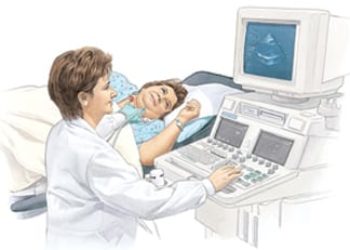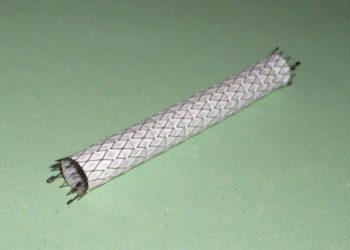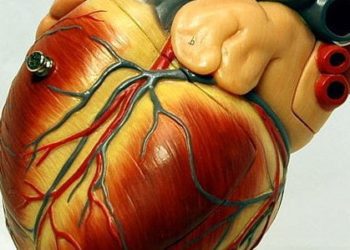The COMPLETE trial: complete revascularization superior to culprit-lesion-only PCI for patients with STEMI
1. In patients with STEMI and multivessel coronary artery disease, those randomized to the complete revascularization group experienced lower rates of cardiovascular death or myocardial infarction (MI) at 3 years compared to patients who were randomized to the culprit-lesion-only percutaneous coronary intervention group.
2. Both groups experienced similar rates of major bleeding, stroke, or stent thrombosis.
Evidence Rating Level: 1 (Excellent)
Study Rundown: Percutaneous coronary intervention (PCI) is the method of choice for revascularization in patients with ST-segment elevation myocardial infarction (STEMI). Although many of these patients have multivessel coronary artery disease (CAD), previous studies have not adequately addressed whether revascularization of nonculprit lesions in these patients provides a cardiovascular mortality benefit or decreased risk of MI. The Complete versus Culprit-Only Revascularization Strategies to Treat Multivessel Disease after Early PCI for STEMI (COMPLETE) trial evaluated coprimary outcomes of cardiovascular death or MI, and of cardiovascular death, MI, or ischemia-driven revascularization. This trial found that both coprimary outcomes occurred more frequently in the culprit-lesion PCI group compared to the complete-revascularization group at median follow-up of 3 years. No major differences in rates of major bleeding, stroke, or stent thrombosis were identified between the two groups.
This large, multinational, randomized controlled trial provides evidence that favors complete revascularization over culprit-lesion PCI in patients with STEMI and multivessel CAD. Limitations include lack of evaluation of nonculprit-lesion PCIs performed during the index PCI, no enrollment of patients with cardiogenic shock, and the high rate of complete revascularization attained in patients assigned to this group.
Click to read the study in NEJM
Click to read an accompanying editorial in NEJM
In-Depth [randomized controlled trial]: This large, multicenter, randomized controlled trial enrolled 4041 patients from 140 centers in 31 countries between February 1, 2013 and March 6, 2017. Inclusion criteria were multivessel CAD and successful randomization within 72 hours of culprit-lesion PCI. Patients with intent to revascularize a nonculprit lesion prior to randomization, planned surgical revascularization, or history of coronary artery bypass graft (CABG) were excluded. Randomization was obtained using a computer-generated randomization list as soon as possible within 72 hours after culprit-lesion PCI. Patients were randomized to either the complete-revascularization group (subsequent PCI of nonculprit lesions; n=2016) or to the culprit-lesion-only group (no further revascularization; n=2025). Guideline-directed medical therapy was recommended to both groups. Data from patients who met criteria for crossover were analyzed according to the group to which they were originally randomized. Patients were followed at 6 weeks, 6 months, 1 year, and subsequently at yearly intervals for a median duration of 3 years. The first coprimary outcome of cardiovascular death or MI occurred in 7.8% of the complete-revascularization group and in 10.5% of the culprit-lesion-only PCI group (hazard ratio, 0.74; 95% confidence interval [CI], 0.6 to 0.91; P=0.004). Similarly, the second coprimary outcome of cardiovascular death, MI, or ischemia-driven revascularization was identified in 8.9% of the complete-revascularization group and in 16.7% of the culprit-lesion-only PCI group (hazard ratio, 0.51; 95% CI, 0.43 to 0.61; P<0.001). No differences in safety outcomes, including major bleeding, stroke, or stent thrombosis, were found between the two groups.
Image: PD
©2019 2 Minute Medicine, Inc. All rights reserved. No works may be reproduced without expressed written consent from 2 Minute Medicine, Inc. Inquire about licensing here. No article should be construed as medical advice and is not intended as such by the authors or by 2 Minute Medicine, Inc








